Provisional Stores and Solar Powered Refrigerators | Stories Of Resilience
Context Mr. Parameshwaraih is an entrepreneur based out of Kalenahalli village, Gubbi Taluk, Tumkur District, Karnataka. He is a different abled person of humble background who has been running a business since the last 20 years. With support of his wife and other family members he runs a small provision store which caters to the […]
Koraput Livelihood Centre | Stories of Resilience
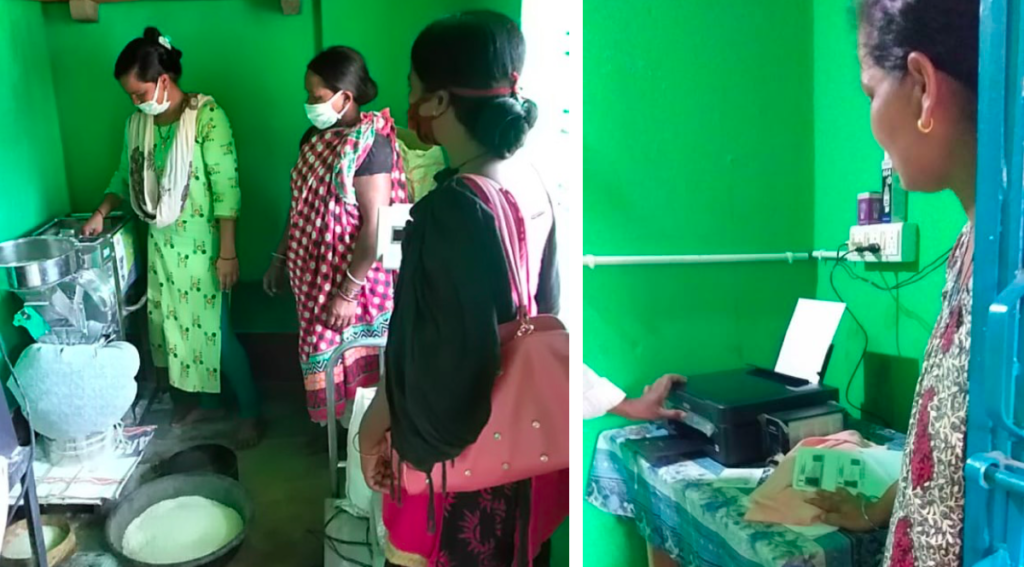
Context Koraput is a remote district in the state of Odisha with a predominantly tribal population. Kanjariguda is a village in Lakshmipur block of Koraput district which is very remote with tribal communities engaged in agriculture and NTFPs. The main crops grown in this region are rice and ragi. To access basic services people in […]
Decentralised Rice Milling Unit in Odisha | Stories of Resilience
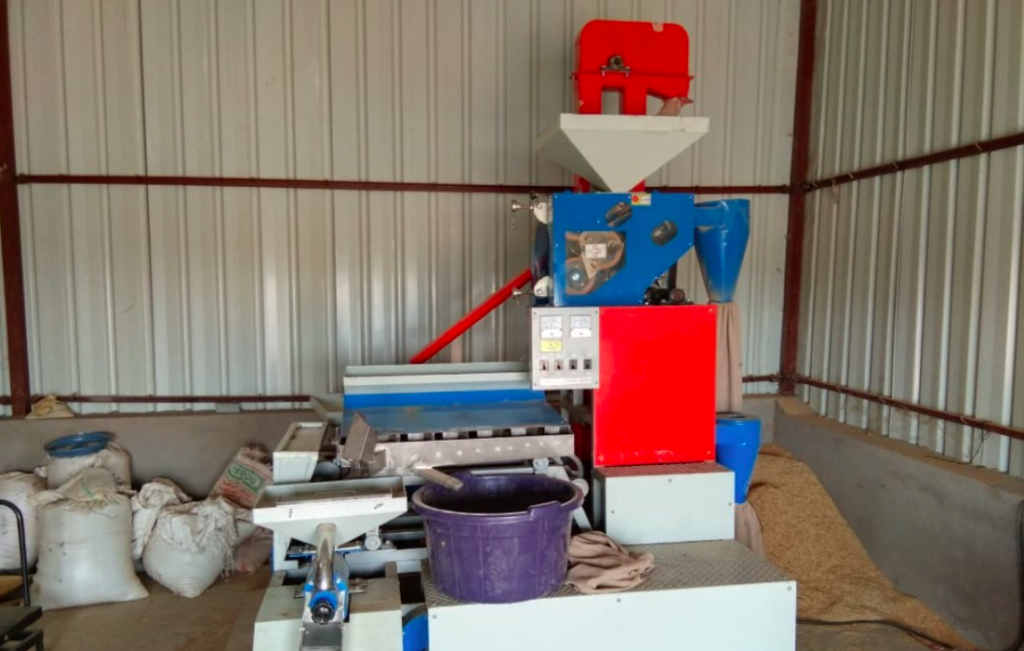
Context Nabarangpur is a district in Odisha with the city of Nabarangpur being the district headquarters. The district has a majority of tribal population who are involved in agricultural activities and NTFP produce. Harsha Trust visualized impressive growth in paddy production in their operational area of Kosagumuda Village in Nabarangpur district through improved paddy production […]
Tailoring Training Centre, Converts into a Mask Production Centre | Stories of Resilience
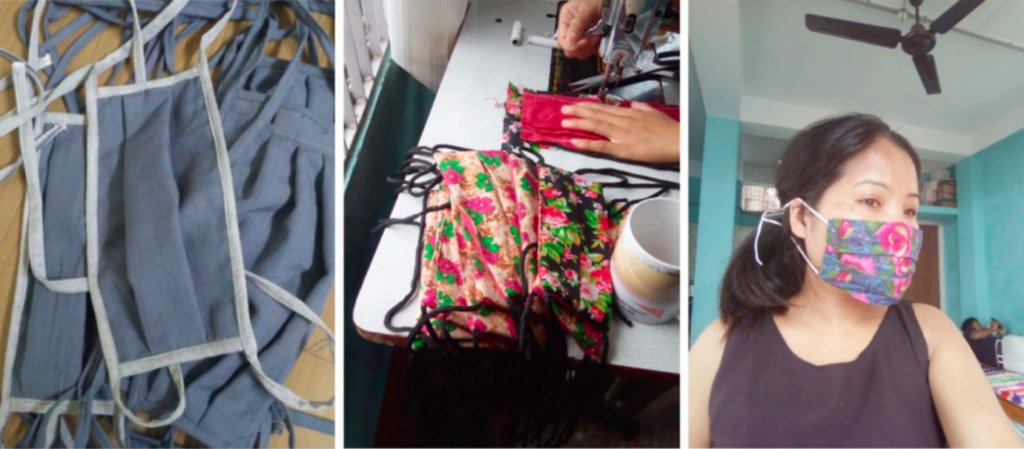
CONTEXT Priscilla Centre, a training cum production centre for women based in Guwahati, Assam works with women, school-dropouts, widowed women from the states of Assam, Nagaland, Manipur and other neighbouring states on skill training. They conduct two year training programs post which the women who graduate are linked to other advanced skill training institutes. One […]
Solar Powered Decentralised Rice Milling Unit in Jharkhand | Stories of Resilience
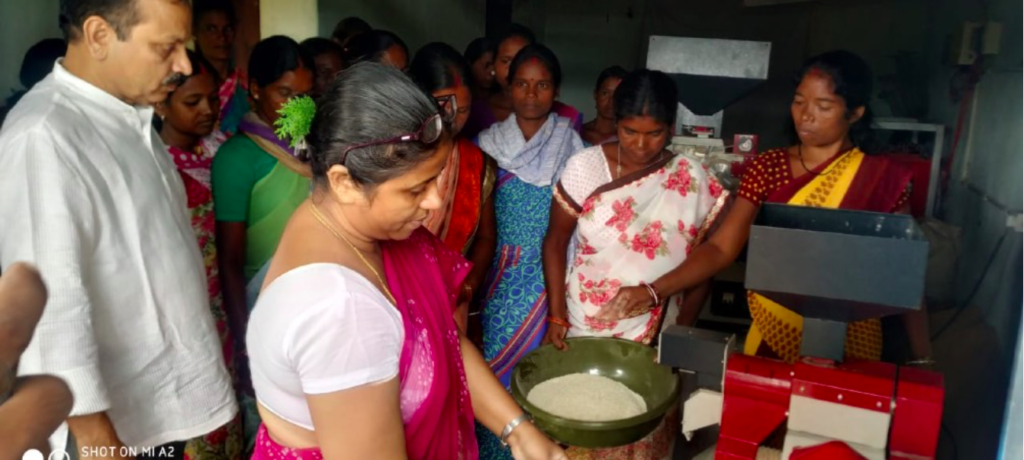
Context Life Education and Development Support (LEADS) is an organization that works in the districts of Jharkhand, primarily in Khunti, Hazaribagh, Laterhar, Ghumla (amongst others) to promote sustainable livelihood solutions in rural and tribal communities. They also work in urban areas with their base located in Ranchi. Within the livelihoods work, they focus on agriculture […]
Solar-Powered Decentralised Rice Milling Unit | Stories of Resilience
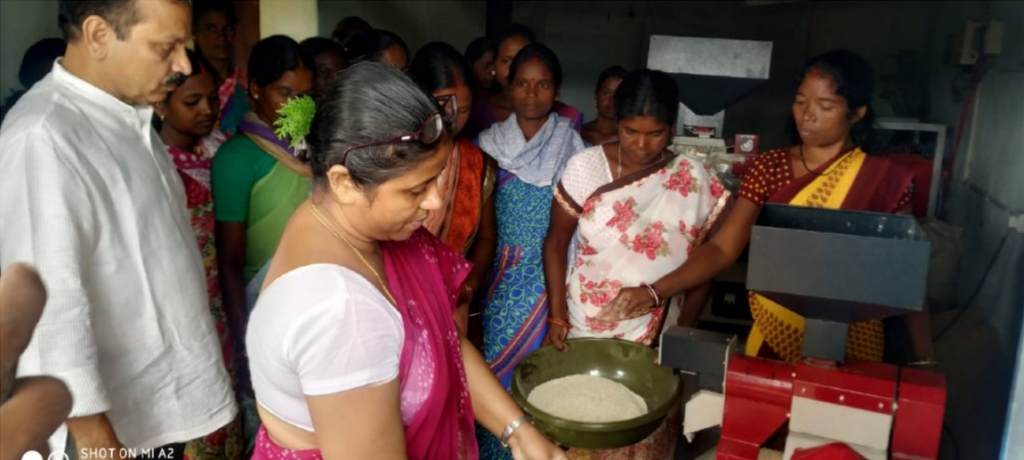
Life Education and Development Support (LEADS) is an organization that works in the districts of Jharkhand, primarily in Khunti, Hazaribagh, Laterhar, Ghumla (amongst others) to promote sustainable livelihood solutions in rural and tribal communities. They also work in urban areas with their base located in Ranchi. Within the livelihoods work, they focus on agriculture and […]
Solar-Powered Digital Service Centres supporting Communities during COVID19 | Stories of Resilience
Access to digital services- printing, photocopying, photo studios are integral for entities such as government offices, schools and colleges, financial institutions, local businesses etc. These services become critical in undertaking business transactions, maintaining records and for individual households in accessing bank and government schemes, subsidies and so on. The Lok Sewa Kendra or LSK is […]
Solar-Powered Mask Production Centre by the Urmul Desert Crafts | Stories of Resilience
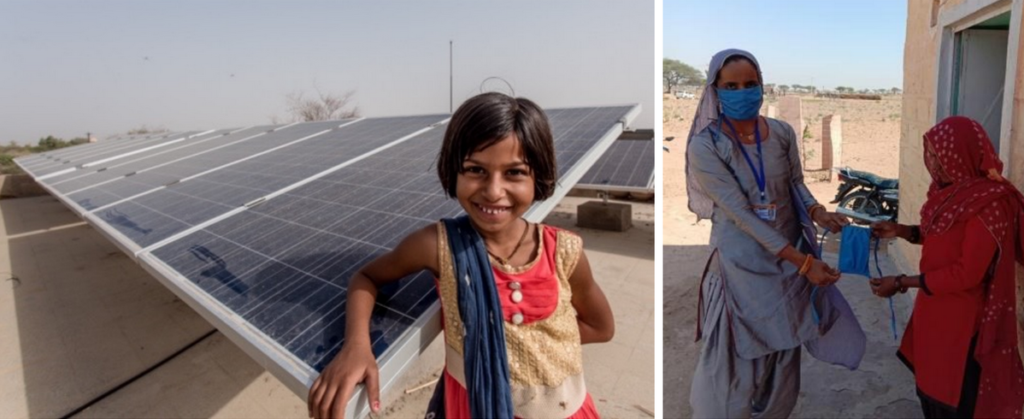
The Urmul Trust, which began its activities in 1986 was focused on the provision of health and education support to village level milk societies. In 2015, SELCO Foundation partnered with the Urmul Trust to provide solar-powered back-up solutions to run sewing machines, lights and other basic energy services in their center in Bajju. With the onset […]
Milking Machines and Woman Dairy Farmer in Karnataka | Stories of Resilience
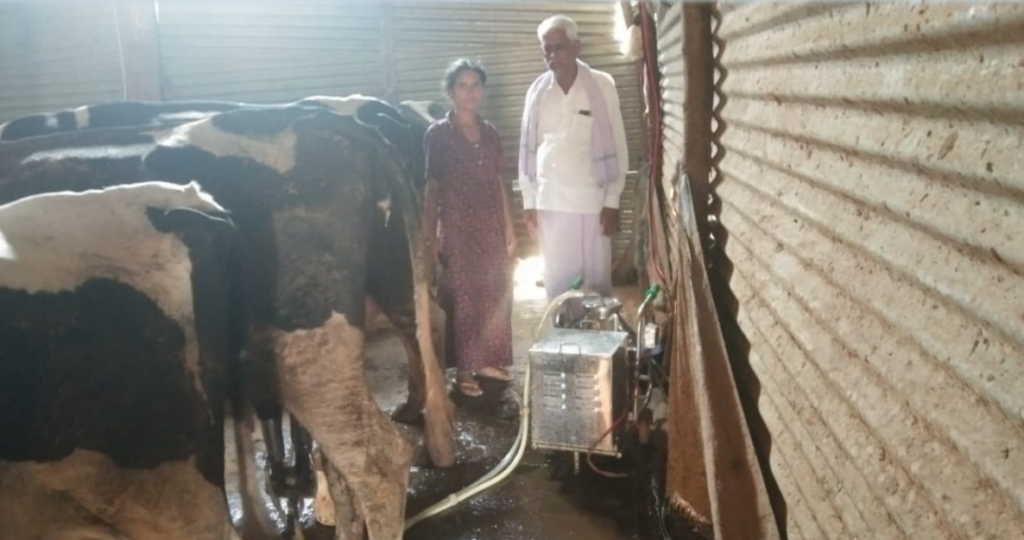
Shilpa Chandrashekar is a dairy farmer from Bettahalli village, Mandya district, Karnataka. A family of 4, Shilpa and her husband practice dairy farming as their primary occupation. They have 12 cows of which 8 are adult cows with 5 giving milk regularly and 3 more cows which will start within a month. The couple also […]
Heat: The Next Big Inequality Issue | Stories Of Resilience
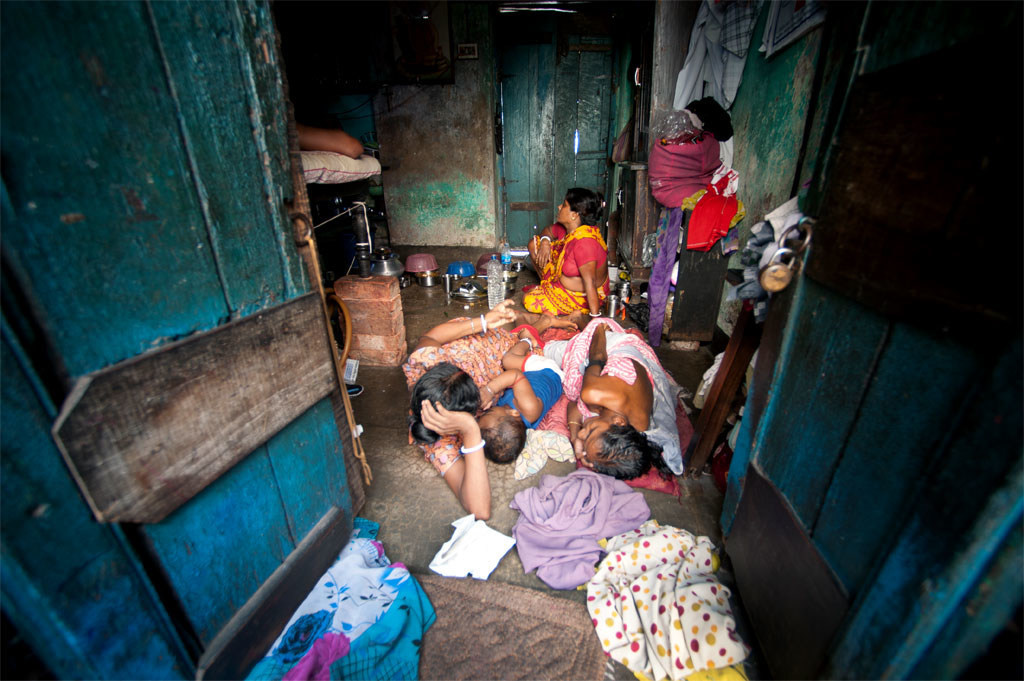
Urban housing shortage in India stands at 18.78 million units, out of which about 96% is in the Economically Weaker Section (EWS, 56%) and Low Income Group (LIG, 40%) categories put together.
25% Anganwadis functioning from Kuchcha houses, or open/partially covered space. 50% with no toilet facilities and 32% with no drinking facilities.
